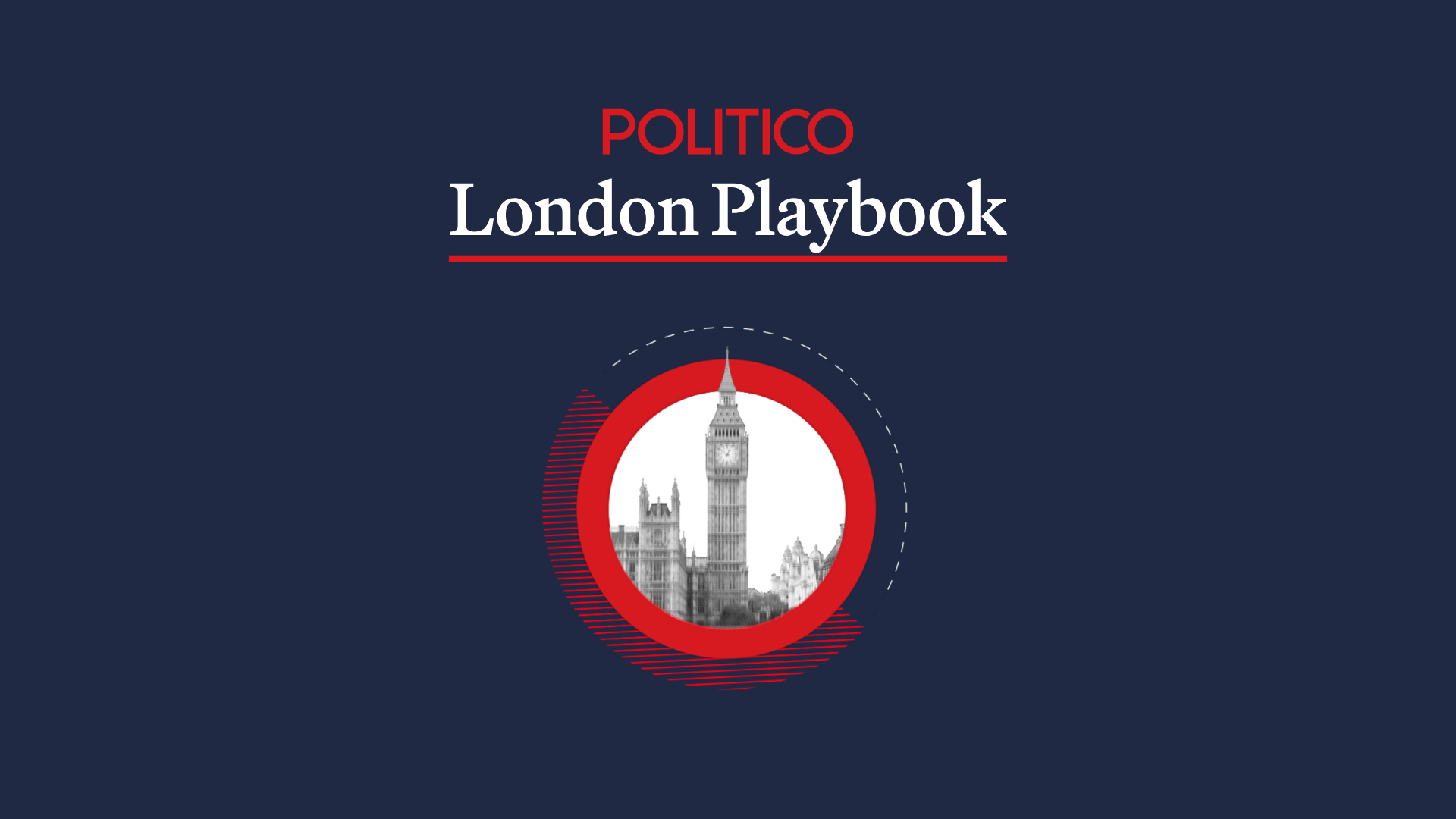Keir Starmer faces a formidable challenge this morning, tasked with defending his most decisive stance yet on the escalating conflict in the Middle East. Following a concentrated series of calls with global leaders, focused on his commitment to potentially recognize Palestine, the Prime Minister is now embarking on a domestic tour to unveil his government’s small business initiative. However, the shadow of intense backlash and pressure, which has mounted since Tuesday evening, looms large, undoubtedly dominating the day’s agenda.
The centerpiece of Starmer’s domestic agenda is the launch of a comprehensive plan designed to support small businesses. A key announcement within this strategy is a promise to implement a robust crackdown on larger businesses that consistently delay payments to their suppliers. This initiative, set to be unveiled during a stump speech to entrepreneurs in Wiltshire, aims to foster a healthier and more equitable economic environment for small enterprises, a crucial sector for the nation’s prosperity.
Despite the focus on economic policy, the hostile reception and pointed questions surrounding his Palestine recognition plan are set to monopolize discussions throughout the day, mirroring the intense scrutiny he has faced since the initial announcement. Small Business Minister Gareth Thomas is tasked with the initial broadcast rounds, bracing for inquiries that extend beyond his portfolio, before Starmer himself engages with regional journalists, ensuring the controversy remains at the forefront of UK politics.
Significant criticism has emerged from various influential figures, including former Hamas hostage Emily Damari, whose emotional “shame on you” reaction resonated widely, and the Chief Rabbi, who also weighed in on the contentious issue. The government swiftly issued a statement in response to the growing backlash, attempting to clarify its Government Strategy and address the public and political concerns that have arisen.
However, the government’s statement itself has introduced further ambiguity regarding the conditions for Palestine recognition, particularly concerning Israel and Hamas. Its phrasing, emphasizing Hamas’s need to release hostages and the government’s pre-UNGA assessment of compliance by “both Israel and Hamas,” suggests a nuanced, perhaps conditional, approach. The assertion that “no one side will have a veto on recognition through their actions or inactions” adds another layer of complexity to the diplomatic tightrope being walked in the Middle East.
A particularly intricate aspect of the situation is the potential paradox: if hostages were released, it could lead to an Israeli ceasefire, which might then, under certain conditions, negate the need for Keir Starmer to proceed with recognition. This complex interplay of actions and consequences underscores the highly fluid and sensitive nature of Middle East Diplomacy, leaving much dependent on the forthcoming pre-UNGA assessment of the evolving situation.
Regardless of the conditions and the ongoing controversy, Keir Starmer’s commitment to recognizing Palestine marks a significant shift, aligning the UK with a broader trend among “progressive” leaders globally. This strategic alignment was further underscored by the recent announcement from Canada’s Mark Carney, a notable figure with connections to the Labour Party, that Canada will also recognize Palestine, providing a helpful international precedent for Number 10.
Critics continue to assail Keir Starmer, largely focusing on the method of his recognition announcement rather than the act itself. The Times reported on a letter from 40 peers with legal backgrounds, cautioning that Palestine Recognition might violate international law. Additionally, Tory Leader Kemi Badenoch has voiced strong criticism, arguing that recognizing a state outside direct negotiations between parties is reckless and risks undermining the peace process – a position ironically reminiscent of what Starmer himself might have articulated previously regarding UK politics and international relations.
Beyond the primary political storm, the day unfolds with other significant developments for the Government Strategy. US special envoy Steve Witkoff is reportedly en route to Israel to address the humanitarian crisis, with potential visits to aid centers in Gaza. Domestically, Nigel Farage welcomed a new Tory defector, Adam Holloway, to Reform UK, further stirring the political pot. Meanwhile, Downing Street prepares to host an influencers’ reception, featuring figures like Georgia Harrison and Chetna Makan. The ongoing dispute between Health Secretary Wes Streeting and the BMA continues to escalate, marked by sharp exchanges over doctor pay negotiations. Lastly, major UK airports are grappling with the aftermath of a “radar-related” technical glitch, causing widespread flight cancellations and prompting calls for an urgent investigation into the disruption.






Leave a Reply